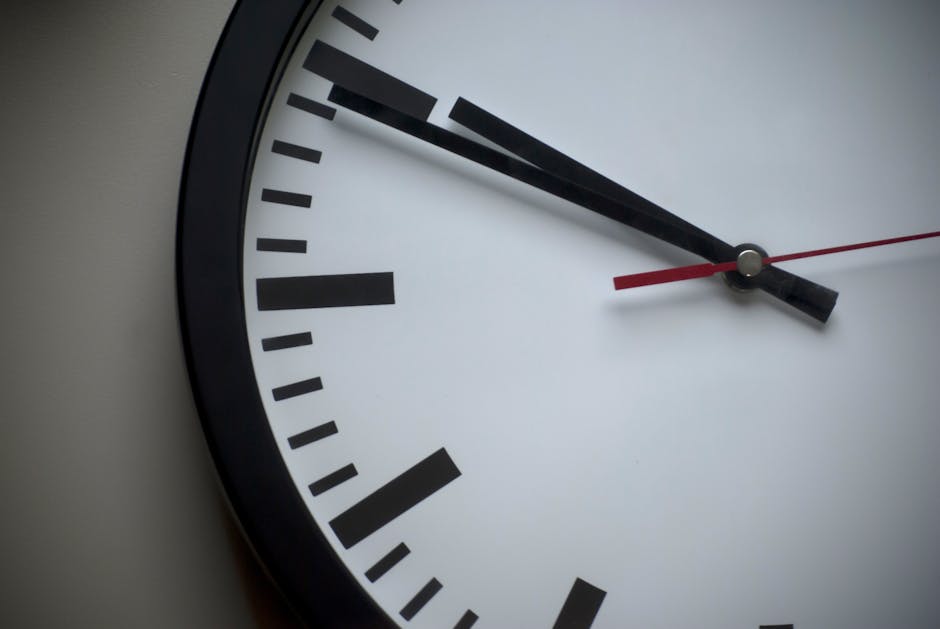 As we mentioned before, last month was Child Abuse Prevention month, and Science of Parenting is still thinking this important conversation. As you know, as Science of Parenting, we like to talk about research and reality. So that’s how we’ve decide to break this down.
As we mentioned before, last month was Child Abuse Prevention month, and Science of Parenting is still thinking this important conversation. As you know, as Science of Parenting, we like to talk about research and reality. So that’s how we’ve decide to break this down.
RESEARCH
The research on abuse- whether physical, sexual, or emotional- is pretty clear that there are long-term outcomes for people who experience abuse as a child. As you can see on the Parenting Research tab of our website, research on the thoroughly-studied Adverse Childhood Experiences shows that child abuse is related to outcomes like depression, poor health outcomes, poor academic achievement, alcoholism, increased likelihood of future violence, and more.
Just looking at the research, it’s easy to think about abuse as something that other people need to worry about. It can be easy to see this information, and think about how we are glad it isn’t happening to our kids and move right along.
REALITY
According to a 2016 Iowa ACEs Study, “56 percent of Iowa adults have experienced at least one of eight types of child abuse and household dysfunction”. The reality is that child abuse has happened and is happening in Iowa. It’s happening in big cities, small towns, and on country roads… It’s not just those people over there who need to think about preventing child abuse. As parents and caregivers of young children, we need to think about it too. And a good place to start is right at home!
Starting at Home
RESEARCH says child abuse leads to negative outcomes. REALITY says some parents are do lose their temper and cross the line… (But let’s remember one of the potential outcomes of being abused as a child is the increased likelihood of being violent as an adult. Not every person had the luxury of an easy childhood or having great role models for parents.)
RESEARCH says staying calm in a frustrating moment with your child makes you better able to be intentional in your parenting. REALITY sometimes says “holy cow, how does this child that I love so much make me this angry?!”
Fortunately, Science of Parenting has a technique to help us all be more successful parents – Stop. Breathe. Talk. Whether you are prone to losing your temper or just need a technique to be intentional about your parenting, Stop. Breathe. Talk. can help you take that moment to check yourself before you act and potentially cross a line.
Here at Science of Parenting, we want to help all parents and caregivers help give their kids #GreatChildhoods! Stop. Breathe. Talk. can help us all along the way!




